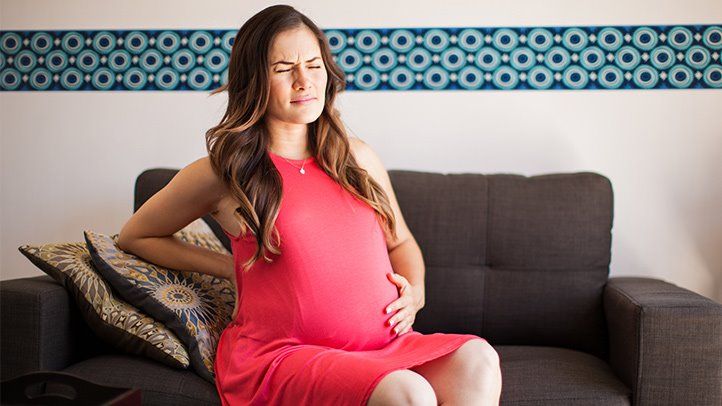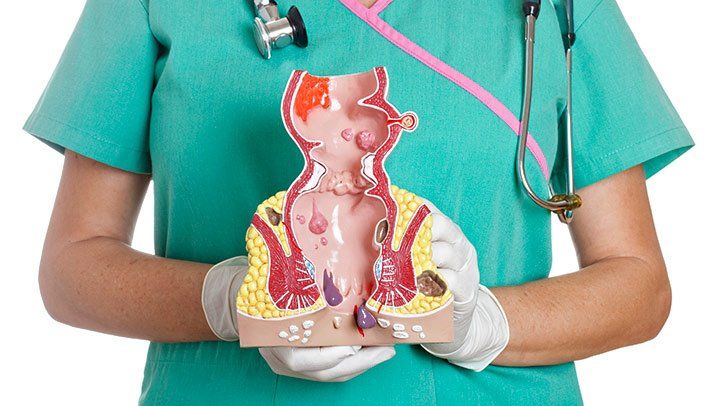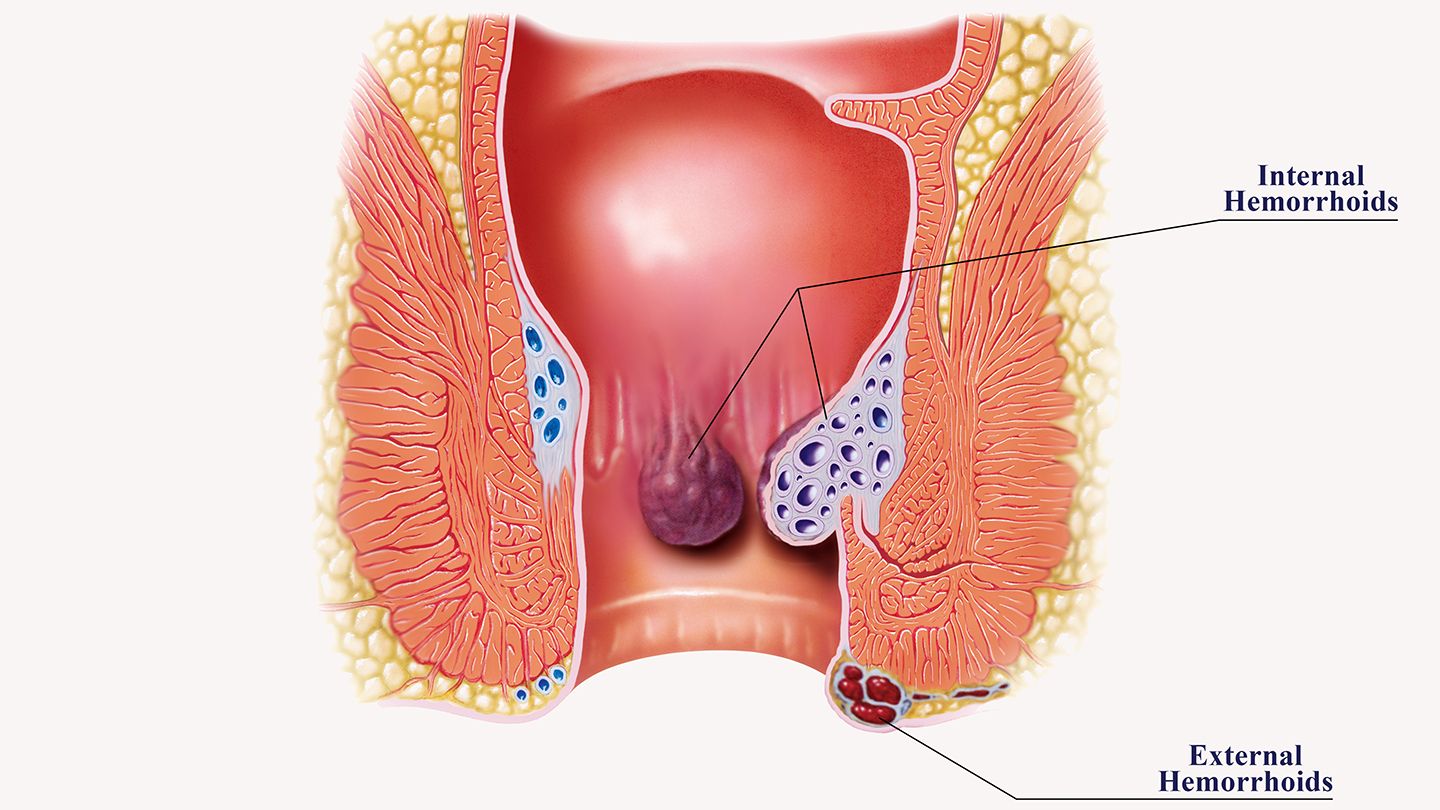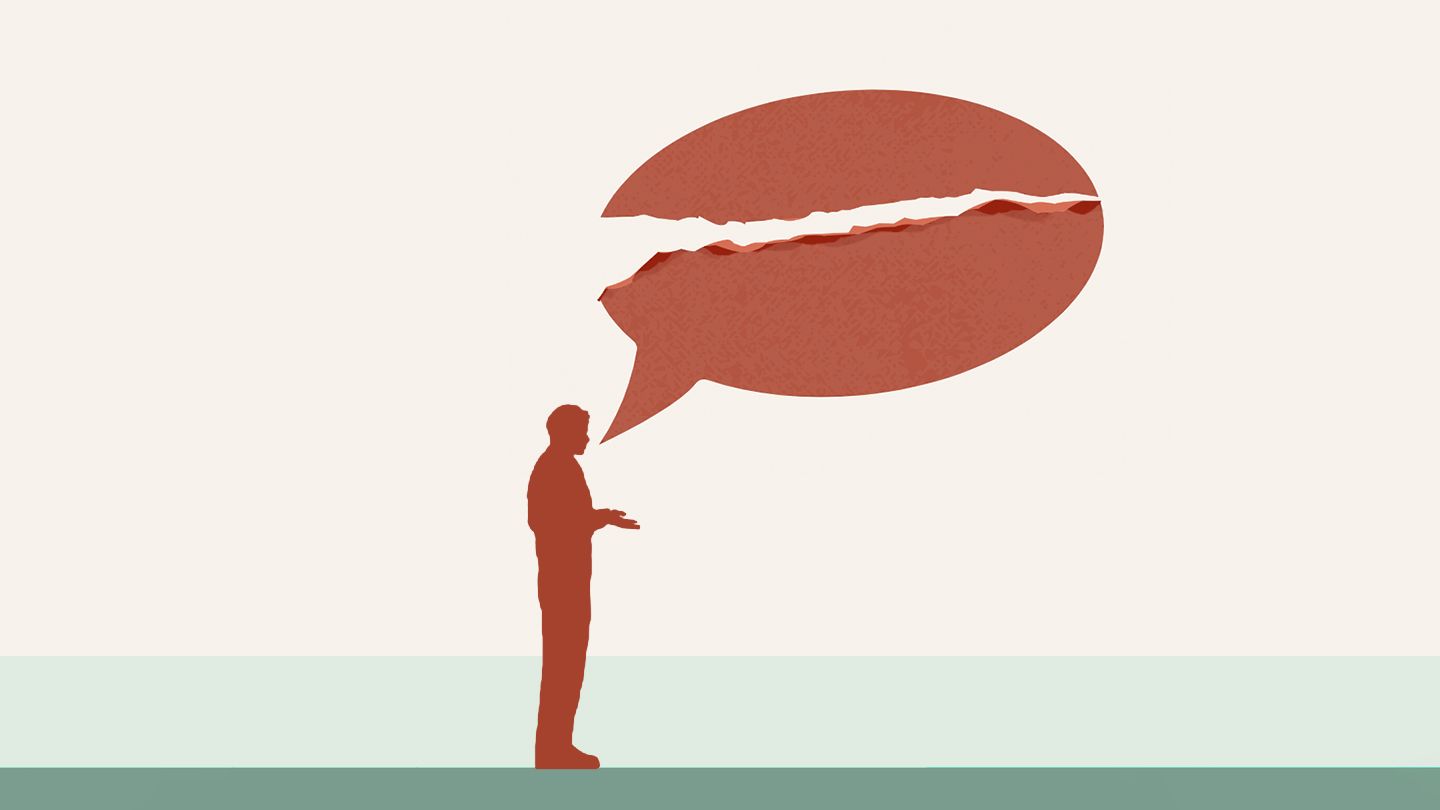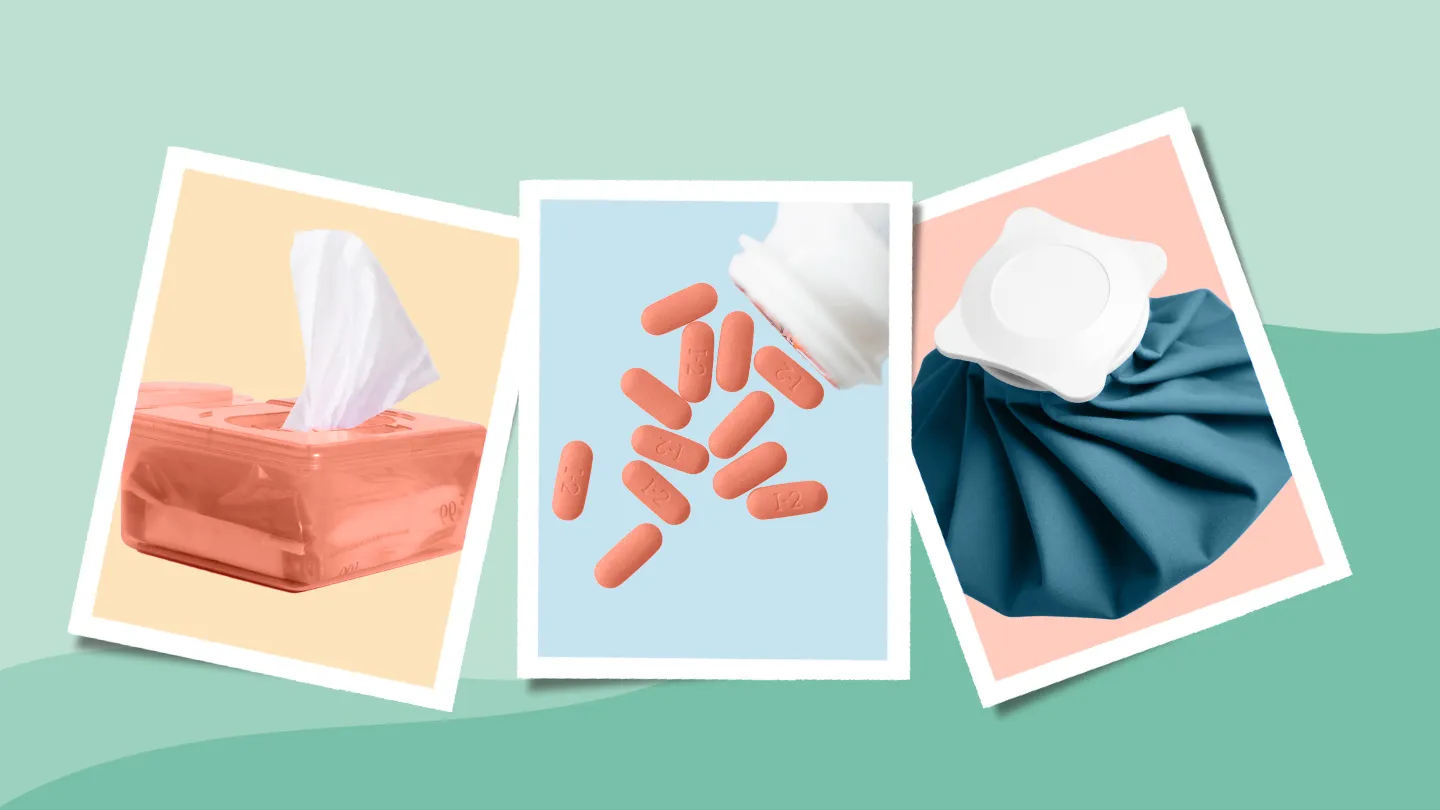Is Your Toilet Seat Turning Pink Because You're Pregnant?
If you're expecting and suddenly notice pink staining on your toilet seat when you urinate, you may worry if it signifies pregnancy complications. But before sounding alarm, realize this harmless issue stems from a temporary change in your urine's chemical balance.
What Causes Pink Urine While Pregnant?
That pinkish hue develops from higher acidity in your pee interacting with porcelain toilet surfaces. And surging reproductive hormones of early pregnancy indirectly spike acidity.
Specifically, increased estrogen thickens the bladder wall. This obstruction concentrates waste products in accumulated urine. Plus, emerging hCG (human chorionic gonadotropin) heightens your metabolic rate, generating extra acidic urine.
Is Pink Toilet Stain Dangerous?
No need to panic over a pink-tinged toilet during pregnancy. The mild acidity typically causes no harm.
However, any extreme color changes could indicate:
- Dehydration - drinking more water dilutes waste concentration
- Urinary tract infection (UTI) - requires antibiotic treatment
- Other issues like blood or bilirubin in urine - consult your OBGYN promptly
Preventing Pink Porcelain When Expecting
You can minimize pink toilet staining from pregnancy pee using these proactive measures:
- Increase fluid intake to dilute urine.
- Take a prenatal vitamin to maintain normal pH.
- Watch for UTI symptoms like foul-smelling pee.
- Disinfect regularly to prevent bacteria buildup.
- Reduce dietary acid load by limiting meat, eggs, processed foods, sugary items, and alcohol.
While annoying, a subtle pinkish toilet tinge generally proves harmless during healthy pregnancies. But unusual colors or those worsening over days warrant medical evaluation to check for UTI.
Common Pregnancy Changes Affecting Urination
Beyond urine pH changes, shifting hormones also provoke other peeing issues you can strategize to handle:
Increased Urgency and Frequency
As your womb expands, growing pressure on the bladder reduces storage capacity despite greater output. So frequent bathroom trips become the norm.
Thankfully, this subsides after birth. In the interim, schedule ample pee breaks, practice Kegels to strengthen pelvic muscles, avoid bladder irritants like caffeine/spice, and watch for UTI red flags.
Stress Urinary Incontinence
A third of pregnant women experience urine leakage when coughing, laughing or exercising due to relaxin widening your urethra. Light Kegels help strengthen control.
Otherwise, urinary pads, avoiding trigger actions, and mastering the quick pelvic tilt to halt mid-stream release offer coping methods until tissues firm up postpartum.
Nighttime Trips
As progesterone relaxes muscles by day, surging quantities hitting at night increases pee production. So midnight bathroom runs become routine for many expecting mothers.
To minimize disruption, limit fluids for 2 hours before bed, double daytime intake to counteract nocturnal mechanics, use restroom right before sleeping, keep a nightlight to navigate dark bathrooms, and use relaxation techniques to easily fall back asleep.
Pee Problems During Pregnancy Weeks - Trimester Breakdown
Urinary annoyances ebb and flow across your 40-week journey in tandem with shifting hormone concentrations. Heres an overview of what irritations often hit during each pregnancy stage:
First Trimester Leakage & Frequency
That initial hCG spike around weeks 6-12 hastens urine production before your kidneys catch up. So prepare for round the clock pee prompts.
Simultaneously, surging relaxin loosens tissues, potentially causing occasional leakage when active or straining early on.
Growing Intensity in Second Trimester
While hormones plateau weeks 13-27, your exponentially expanding womb exerts additional pressure. Greater urgency and frequency result, especially if baby settles on your bladder.
Incontinence may also increase mid-pregnancy as relaxin peaks to widen the pelvis. Try more frequent trips, fluid regulation, light Kegels and protective pads.
Peak Problems in Third Trimester
As baby drops during weeks 28-40, the bladder and urethra feel continuously compressed. Urgency reaches an all-time high, significantly disrupting sleep.
Meanwhile, relaxin concentrations remain elevated, contributing to continued stress leakage issues.
At this point, any coping method brings relief until after birthing when normal bladder anatomy and control resume.
When to Seek Help for Pregnancy Pee Problems
While annoyance, routine pregnancy urinary issues seldom indicate danger. However prompt medical help if you observe troubling signs like:
- Burning pee
- Blood visible in urine
- Fever with urinary changes
- Foul/strange urine smell
- Difficulty fully emptying bladder
- Flank pain with pee changes
- Persistent leakage/urgency interfering with work or activities
These suggest possible kidney problems, UTI, emerging gestational diabetes or other issues requiring evaluation and treatment to avoid complications.
Seeking Help for Discomfort
Dont hesitate contacting your healthcare provider either if bothersome symptoms severely undermine your quality of life. Several medication and therapy options exist to help including:
- Antibiotics for infection
- Muscle relaxants/antispasmodics to control urgency
- Biofeedback training to target pelvic floor control
- Physical therapy with Kegels to reduce leakage
Discuss symptom impacts and treatment preferences at your next prenatal visit to formulate a plan ensuring your optimal comfort and safety.
The Takeaway on Pink Pregnancy Pee
Notice traces of pink around your toilet? Don't panic! Just the standard pH imbalance causing no harm.
Do watch for UTI clues or signs of dehydration if color concentrates. And talk to your OBGYN about bothersome urinary symptoms to explore relief options.
While frustrating at times, take comfort that post-pregnancy peeing returns to normal. So hang in there counting down to meeting baby!
Disclaimer: This article is for informational purposes only and does not constitute medical advice. Always consult with a healthcare professional before starting any new treatment regimen.
Related Coverage
Hemorrhoids are very common and can cause anal itching, pain, and bleeding. Learn about causes, symptoms, diagnosis, and medical and at-home treatment options....
Learn whether hemorrhoids can lead to prostate pain and urinary issues. Understand the indirect links between hemorrhoid swelling and prostate inflammation....
It's common to poop frequently in late pregnancy due to pressure, hormones, diet changes and anxiety. Learn what causes loose stool and how to find relief....
Learn the top anal bump causes, from hemorrhoids to warts, and know when to seek medical help. Tips for relief and prevention....
Learn how mild soap & water can aid hemorrhoid relief alongside creams, wipes & sitz baths. Discover other proven home treatments plus prevention methods....
Wondering what hemorrhoid surgery recovery is like day-by-day? See photos and get the facts on pain, activity, bowel movements, and more for each stage of healing after hemorrhoid procedures....
Discover the truth that you are more than societal narratives and limitations have led you to believe, and unlock your boundless potential for growth, creativity, and self-actualization....
If you spot something resembling a kidney bean in the toilet after a bowel movement, it likely signals protruding hemorrhoids. Learn what causes them and treatment options....
Learn about hemorrhoid symptoms, causes, home treatments, and when to consider hemorrhoid banding at home. Get step-by-step instructions on how to use a home hemorrhoid banding kit....
Hemorrhoids are swollen veins in the anus that can cause bleeding and pain. Learn about hemorrhoid causes, treatments, surgery, and prevention tips for men....

